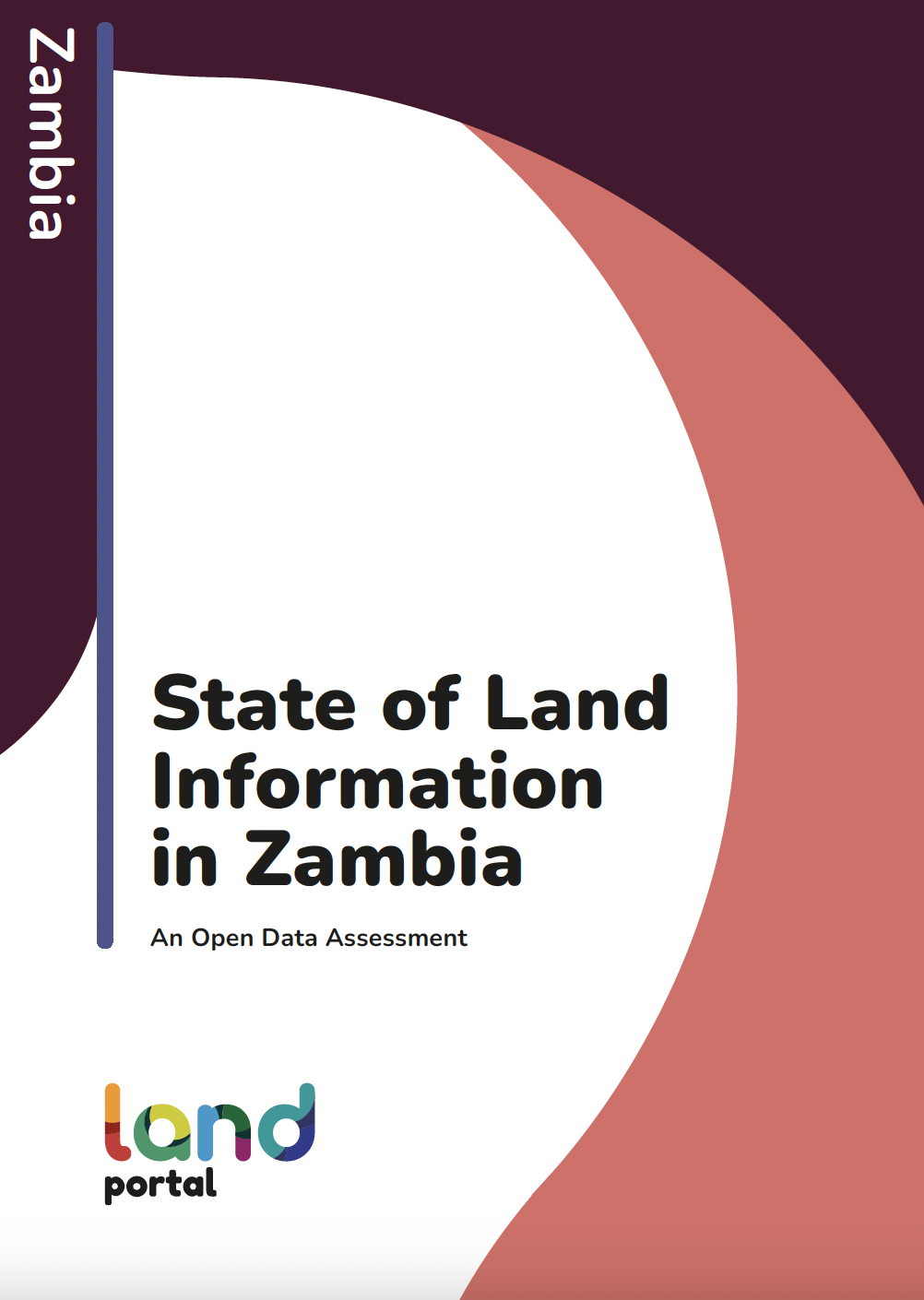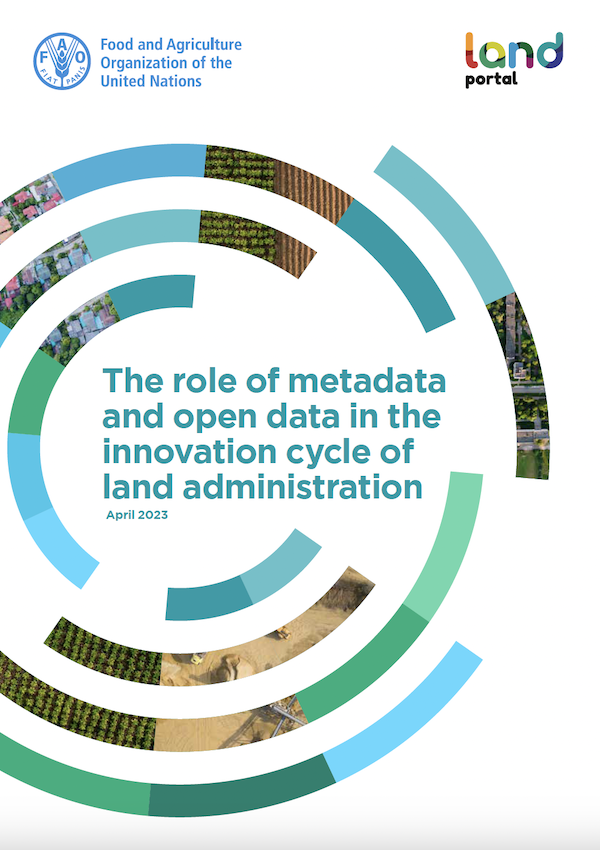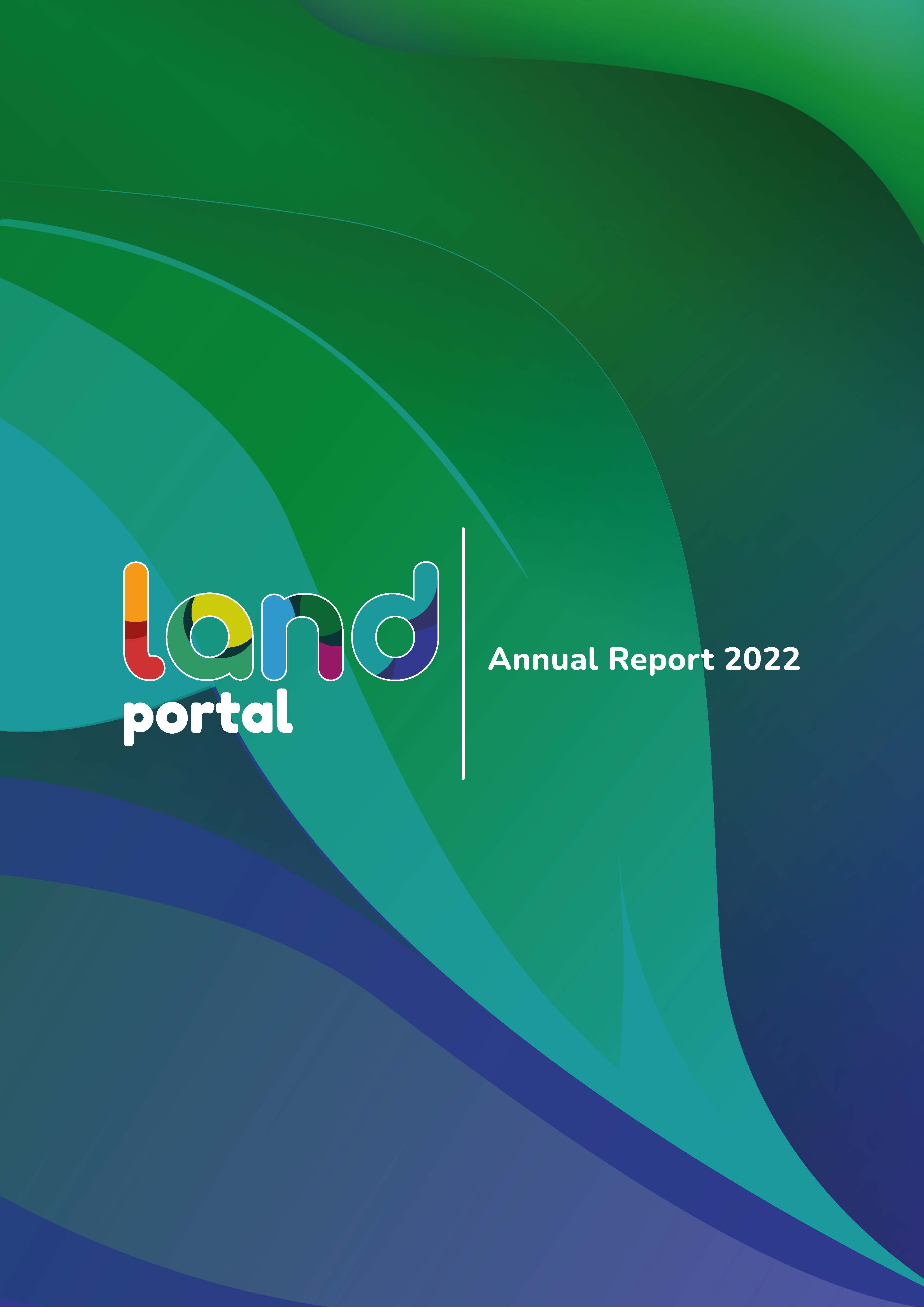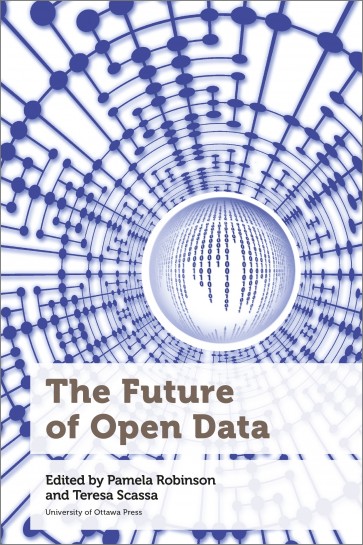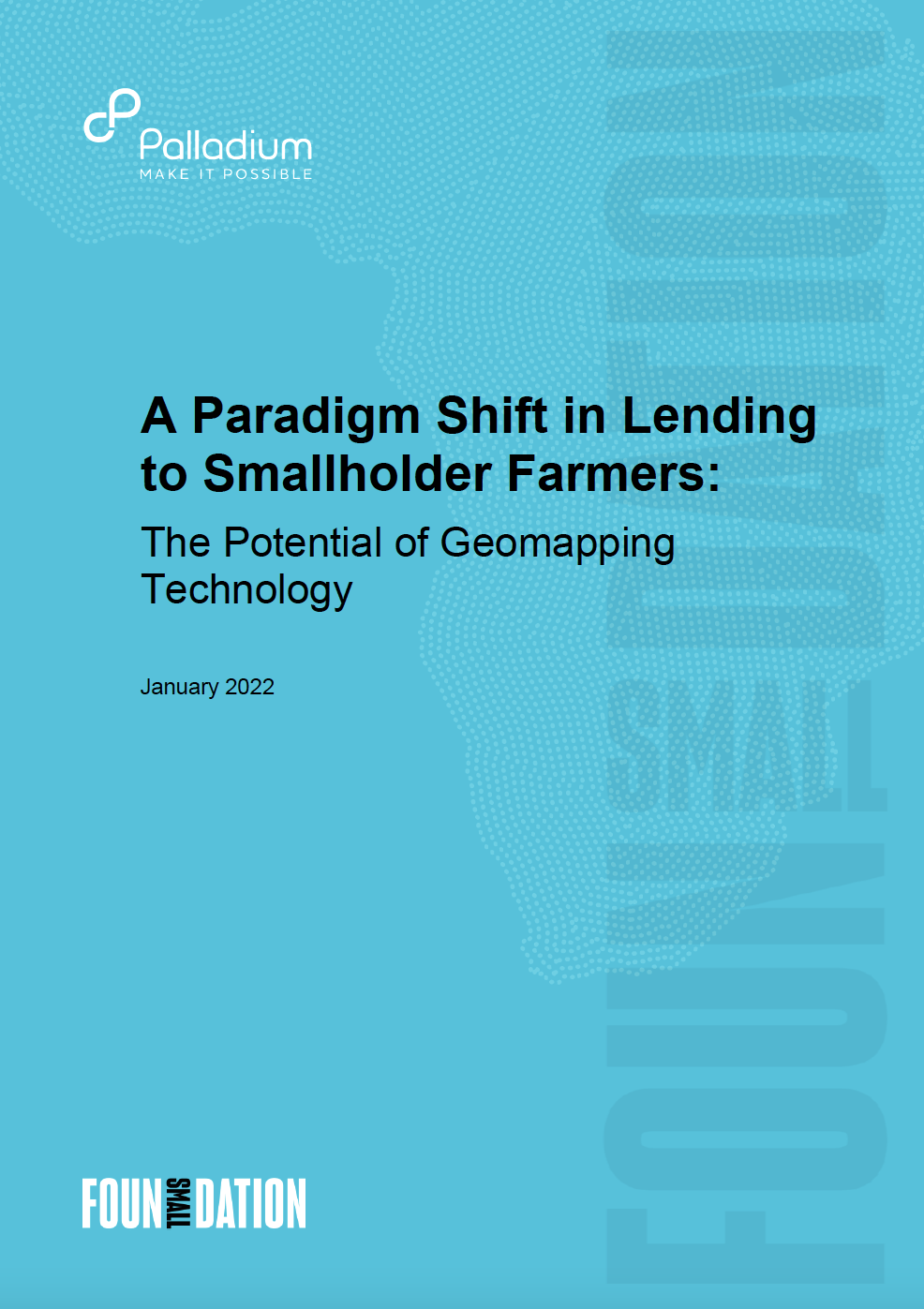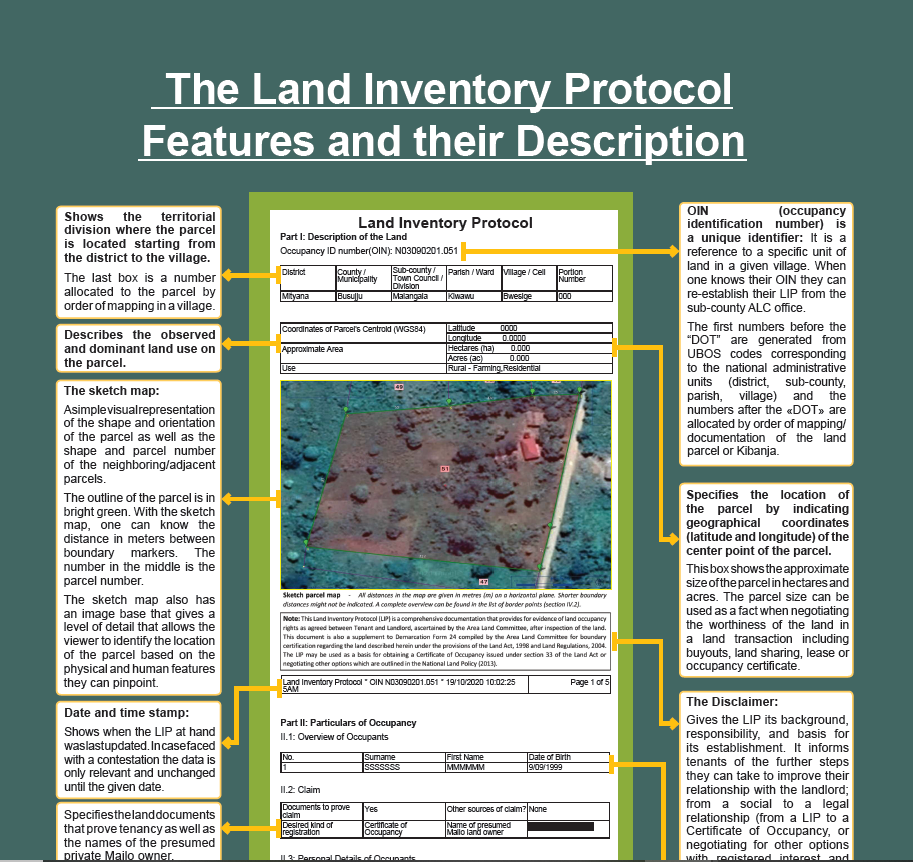This publication discusses the importance of open data as a tool for inclusive land governance. It introduces and describes open data, land governance functions, and metadata. It provides an in-depth looks at AGROVOC, the controlled vocabulary about agriculture and related sciences coordinated by FAO for more than 40 years, and LandVoc, a sub-vocabulary dedicated to the land sector. Using these two examples, the article explores why structured metadata is integral for open data to support innovation and improvements in land administration.

